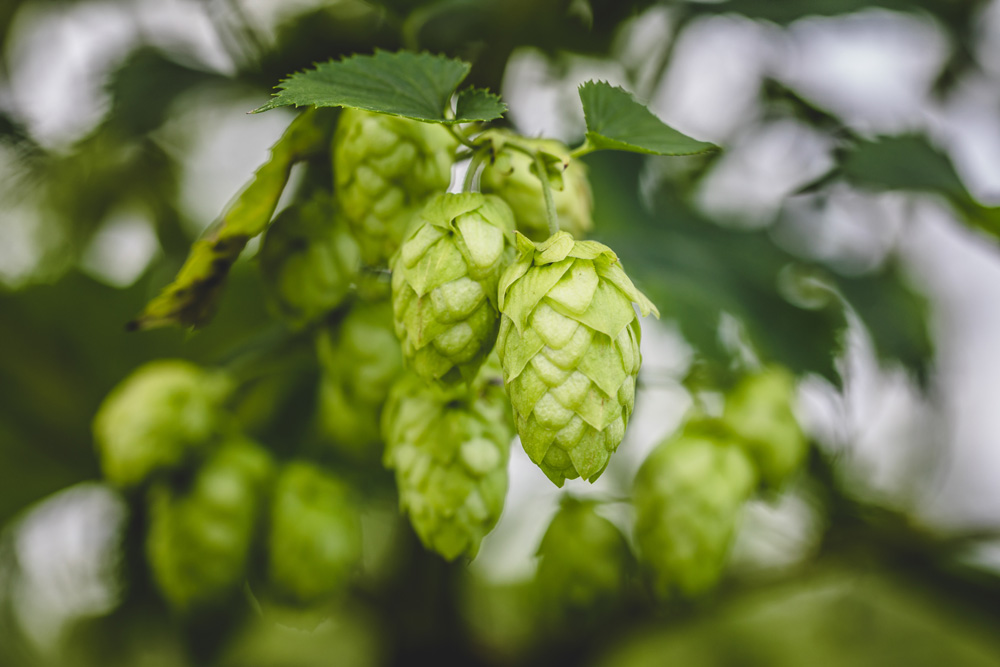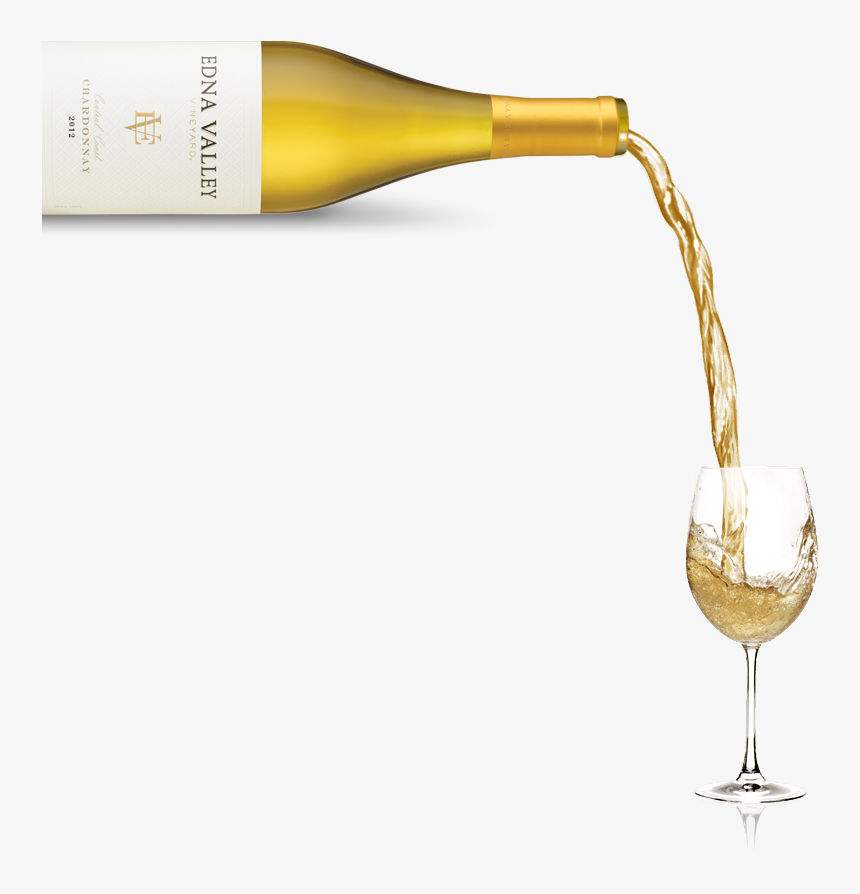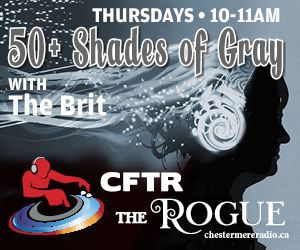This month marks the 150th anniversary of the Fuggle hop varietal, perhaps the most quintessential strain of hops in British ales. Much like grape varietals in the wine world, hop varietals are prone to spontaneous mutations and hybridization in the wild, and the Fuggle hop is no exception.
In a fortuitous accident, it was the uncle of a hop farmer who discovered this new strain growing in his flower garden, and noting its vigorous growth, handed over a few cuttings to his nephew for propagation at his nearby hop farm.
That hop farmer’s name was Richard Fuggle, which is how the hop varietal received what seems like a silly name to modern ears. Fuggle hops became popular almost immediately after their first commercial harvest in 1871, with sales across Europe by 1880, and reaching the Pacific Northwest (modern-day Oregon and British Columbia) by 1892.
While hops are now grown all over the world, their origin is thought to be in China, migrating across ancient trade routes through Asia and arriving in Europe in the 9th century, and used for medicinal purposes due to its natural antiseptic properties.
Hops were not widely used in beer brewing in England until the 15th century, replacing earlier bittering agents like burdock and heather. It was the Bavarian Beer Purity Law of 1516 that outlawed the use of bittering agents other than hops in the brewing process, and since Bavaria was a powerhouse of beer production at the time, the practice soon spread across Europe, driving the commercialization of hop production to meet growing demand.
Prior to the Fuggle hop, the East Kent Golding hop varietal was the most popular hop in the British Isles, but Fuggle hops soon dominated the brewing industry, making up nearly 80% of British hop plantings by 1950. Many of the megabreweries of the day, including Budweiser and Guinness, used the Fuggle hop varietal in their brews, due to its mass market appeal of low bitterness and moderate aromatics.
Unfortunately, the Fuggle hop harvest was hit hard by a fungal disease known as Verticillium Wilt, decreasing worldwide plantings significantly by the year 2000. Changing consumer tastes, particularly in the Pacific Northwest of North America have leaned towards more bitterness, resulting in the development of new hybrid hop varietals with higher amounts of bitter alpha acids.
Despite its susceptibility to fungal pests, the Fuggle hop grew vigorously in many different countries, so it was crossbred with other varietals to increase bitterness and fungal resistance. A particularly robust descendent of the original Fuggle varietal comes from crossbreeding with a male hop from Manitoba.
Today, the USA is largest hop producing country, mostly in Washington and Oregon. Germany is a close second, with the rest of the world barely even a rounding error. Fuggle hops took to the Washington and Oregon climate extremely well, with local hop farmers crossbreeding with local varietals to increase their hardiness, and drive up the bittering and aromatic acids in the hops to feed consumer preferences for more extreme flavours than the traditionally mild British ales.
The three most popular hops in the North American craft beer market today are known as the 3-C’s, Cascade, Citra, and Centennial, all of which are descendants of the Fuggle hop varietal.
We even grow hops right here in Alberta, with many of our beloved craft brewers eager to include locally grown hops as well as locally grown barley into their brews. The Alberta hop industry is still in its infancy, with only a dozen or so farmers. With demand from our local brewers far exceeding supply, most of our Alberta craft brews still use hops imported from the USA, but hopefully that will change soon!
British Columbia is a bit further ahead than Alberta, having a thriving hop industry from 1860 until the 1950s, before disappearing entirely by the 1990s. The BC hop industry was restarted in 2007 due to a worldwide shortage caused by consumer tastes shifting to heavily hopped crafty beers, and has been growing steadily ever since. I still fondly remember visiting Salt Spring Island Ales in those carefree pre-pandemic days, who source their hops from a small farm just down the road from the brewery. Interestingly, Alberta has the perfect climate for growing malting barley, while BC excels at growing hops, so I can see plenty of opportunities for beer collaborations with our western neighbour!






